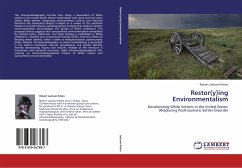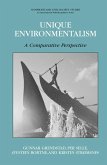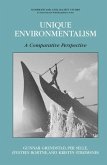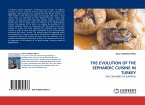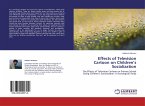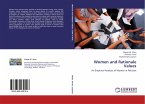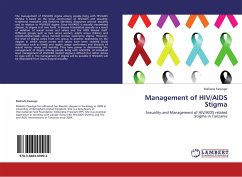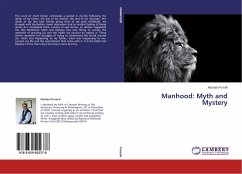This ethnoautobiography narrates how being a descendent of White settlers in the United States affects relationships with place and how place affects White settlers. Integrating environmental, cultural, and historical literature this theoretical project is based on a review of the pertinent literature and self-reflexive autobiographical writings that address whether environmentalism acknowledges the ghosts of White settlement. The proposed theory suggests that eurocentered environmentalism exemplified by national parks, wilderness, and deep ecology is embedded in White settlement. I identify how eurocentered society suffers from the effects of denying settler identity, which I name as intergenerational posttraumatic settler disorder. Ethnoautobiography as critical methodology is grounded in the author s ecological, cultural, genealogical, and gender identity, thereby decolonizing inquiry and inquirer. Analysis of the literature is interwoven with personal narratives, called ethnoautobiographical riffs, creating an ethnoautobiographical critique of White culture and eurocentered environmentalism.

